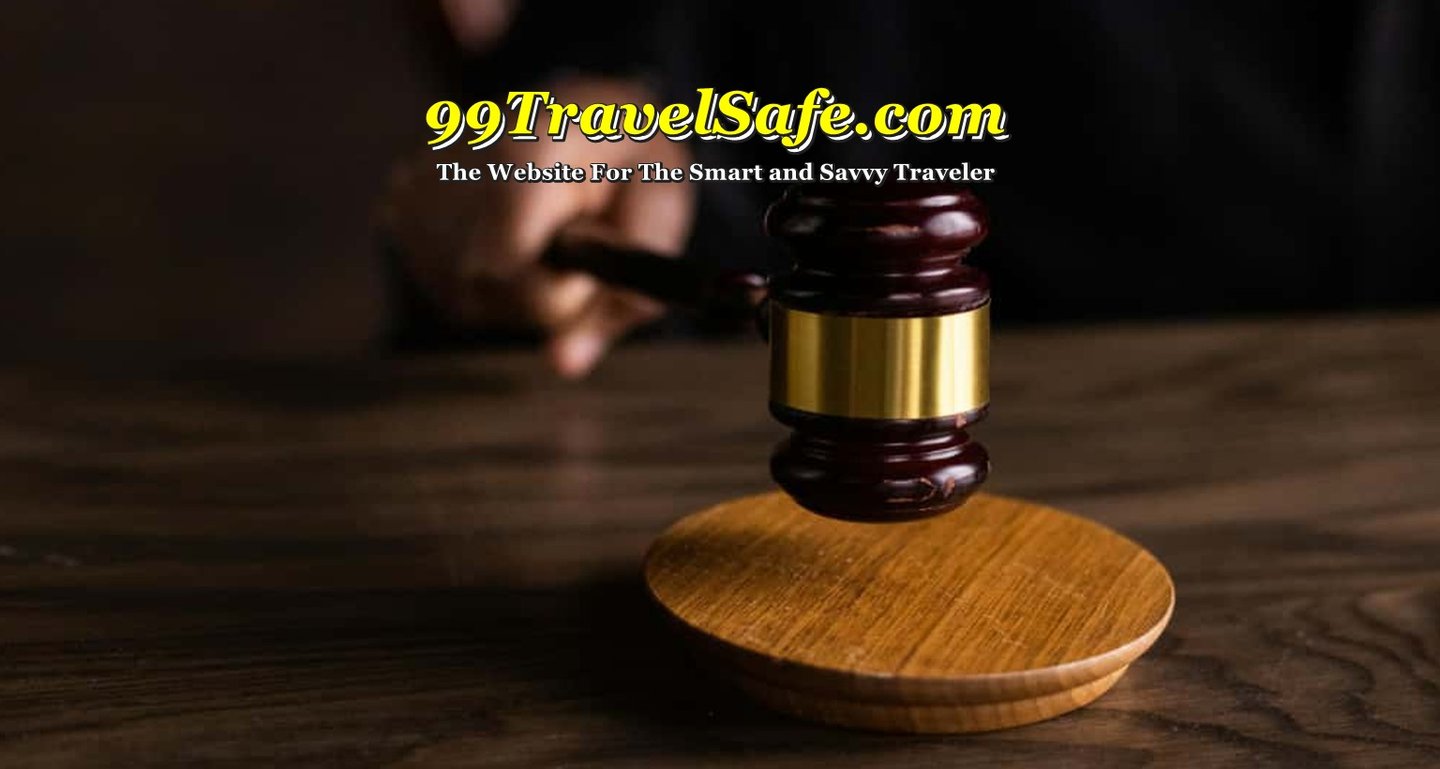

99TravelSafe.com
The Website For The Smart and Savvy Traveler
37 - If You are Arrested Abroad!
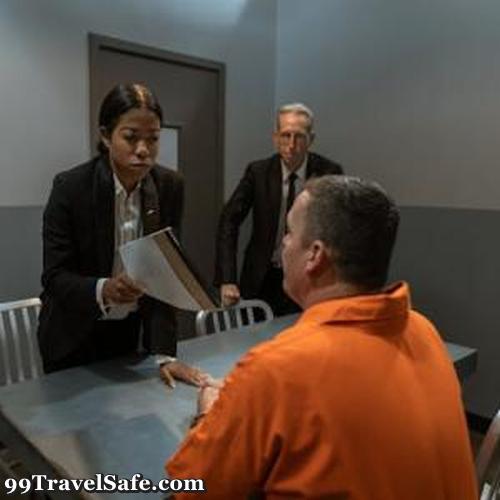

Advertisement
Please Click On 1-2 Ads To Support To Our Website - Thanks!
If You are Arrested Abroad!


If You Are Arrested or Jailed Overseas.....
Under the Vienna Convention on Consular Relations, which is the generally accepted standard for all countries, a person who has been arrested, detained or jailed outside their own country is entitled to have access to their consular representative. However, not all countries are party to the Vienna Convention or have ratified and incorporated all the provisions and if they deny consular access you may not be able to see a consular officer
If you are arrested, detained or jailed overseas you should immediately ask to be put in touch with your local Embassy, Consulate or High Commission!
While consular officers will always try to help their country folks to the greatest extent possible, under international law countries are not obliged to recognize dual nationality. If you are a dual national and arrested in a country that does not recognize dual nationality, the extent to which consular officers will be able to help you will typically be determined by the country you are in at the time of your arrest or detention
ASK the local authorities, such as the police or the prison officials, to tell YOUR local embassy or consulate that you have been arrested or put in prison and want consular assistance!
If you are concerned that the local authorities have not informed your embassy, you can also ask your family or friends to contact your local embassy, high commission, or consulate
For Americans, The Office of Overseas Citizens Services (OCS) at the Department of State in Washington, D.C. is the point of contact for family members in the United States who are concerned about a U.S. citizen family member who has been arrested abroad
You can reach US State Dept. Emergencies Abroad
From the U.S. & Canada - 1-888-407-4747
From Overseas - +1 202-501-4444
For the British, call the British Foreign, Commonwealth & Development Office (FCDO) on
+44 (0)20 7008 5000
from anywhere in the world, 24/7
Your Embassy or Consulate will immediately help you to
-- Get a local lawyer - this is highly recommended. In some countries, you may be able to get (free) legal aid. You should discuss costs before making an agreement
-- Tell the police or the prison officials about any physical or mental health concerns you have, and any medication you take. With your consent, the embassy or consulate can help raise health concerns with the local authorities if needed
Your Embassy or Consulate Can NOT:
-- Get you out of prison
-- Pay for lawyers, interpreters or any other costs, including fines
-- Provide translation services
-- Offer legal advice or represent you
-- Start legal proceedings on your behalf
-- Investigate a crime or respond to one
-- Interfere with the local justice system
-- Prevent you from being deported after release, even if you previously lived in that country
-- Get you special treatment because you are a Westerner
Advertisement
Please Click On 1-2 Ads To Support To Our Website - Thanks!
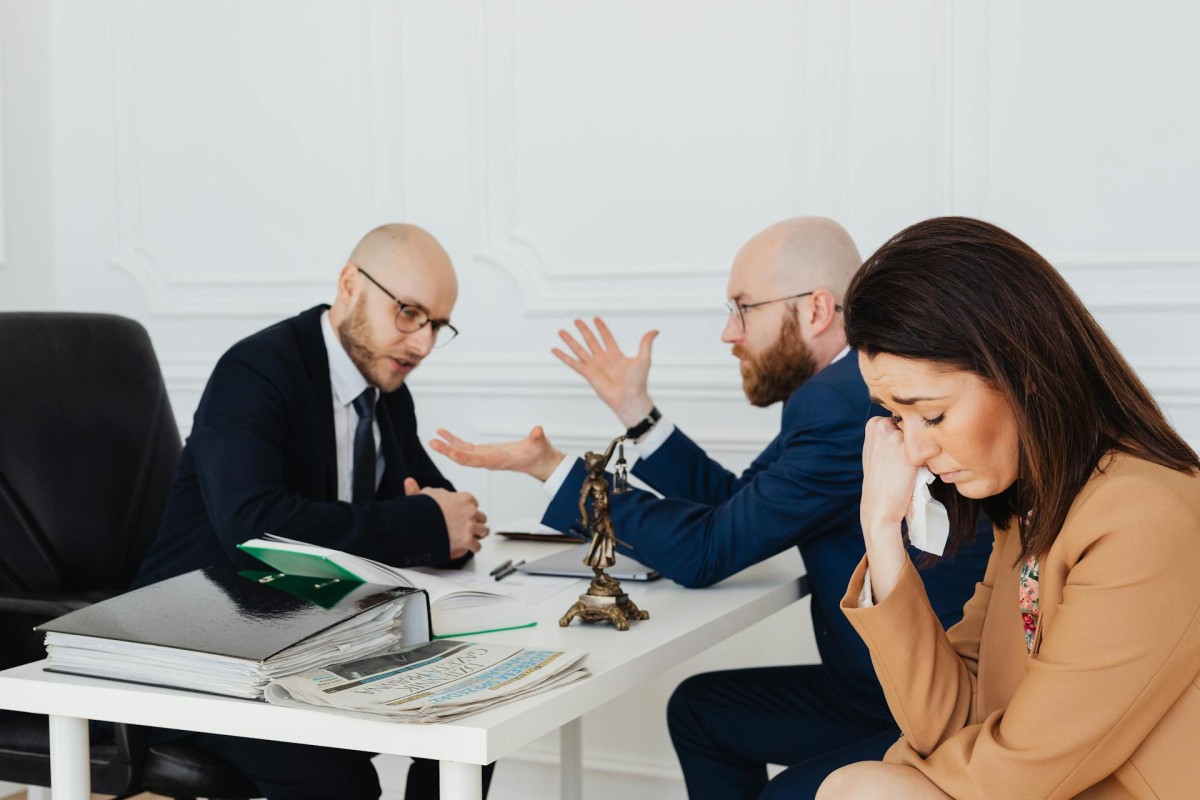

More on If You Are Arrested Abroad!
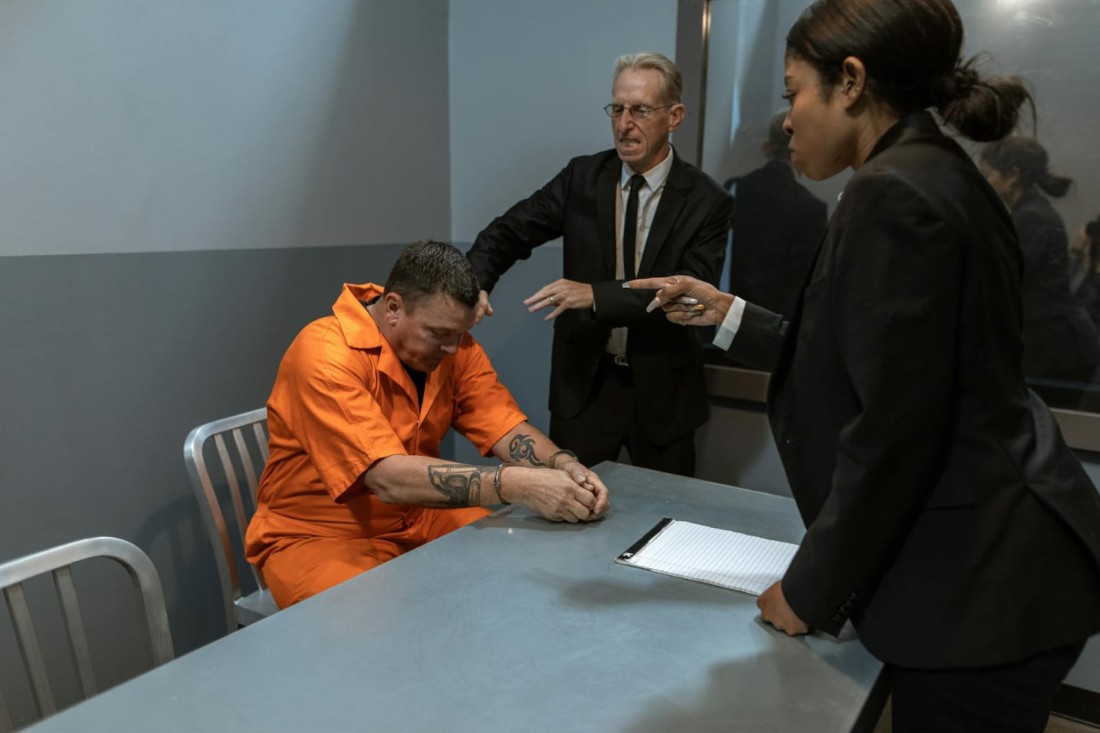

Advertisement
Please Click On 1-2 Ads To Support To Our Website - Thanks!
When you are in a foreign country, you are subject to its laws and are under its jurisdiction. Remember you can be arrested overseas for actions that may be either legal or considered minor infractions in your own country
Familiarize yourself with legal expectations in the countries you will visit!
Some of the offenses for which Western citizens have been arrested abroad are
Drug Violations:
Most Western citizens incarcerated abroad are held on drug charges. Some countries do not distinguish between possession and trafficking, and many have mandatory sentences - even for possession of a small amount of marijuana or cocaine. Some tourists have been arrested for possessing prescription drugs, particularly tranquilizers and amphetamines, that they purchased legally elsewhere
Other people have been arrested for purchasing prescription drugs abroad in quantities that local authorities suspected were for commercial use
If you are in doubt about foreign drug laws, ask local authorities or your embassy or consulate
Possession of Firearms:
This affects mostly U.S. citizens who experience difficulties for illegal possession of firearms in nearby - Mexico, Canada and the Caribbean
Advertisement
Please Click On 1-2 Ads To Support To Our Website - Thanks!
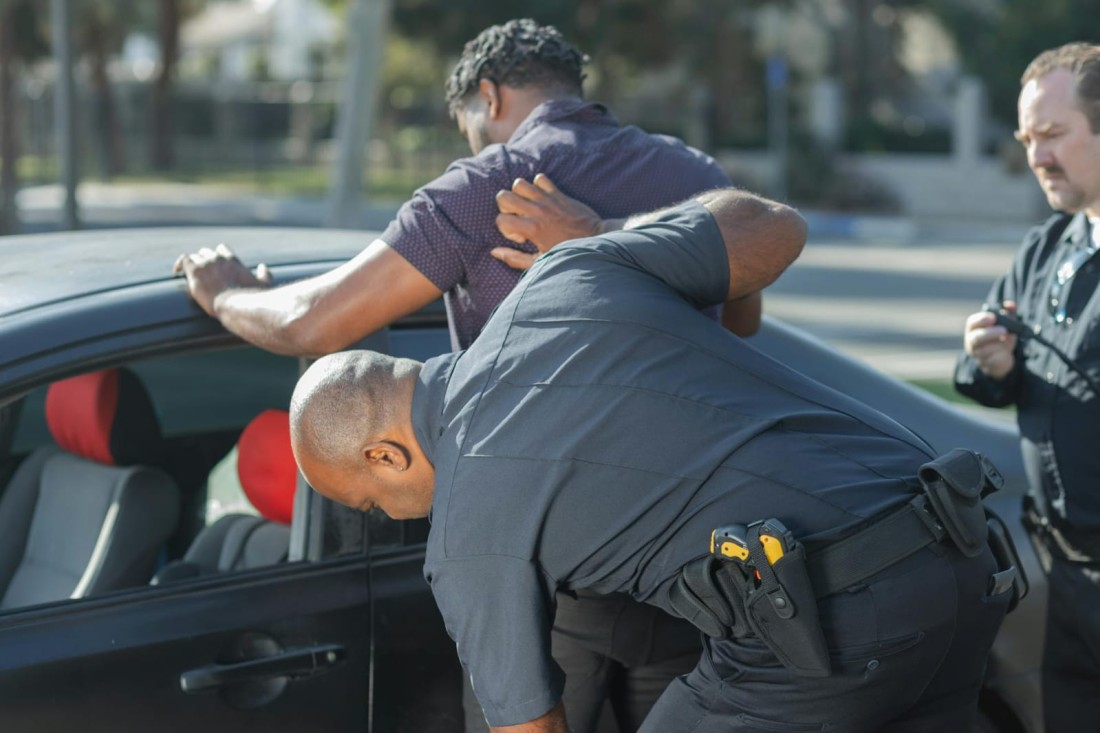

More on If You Are Arrested Abroad!
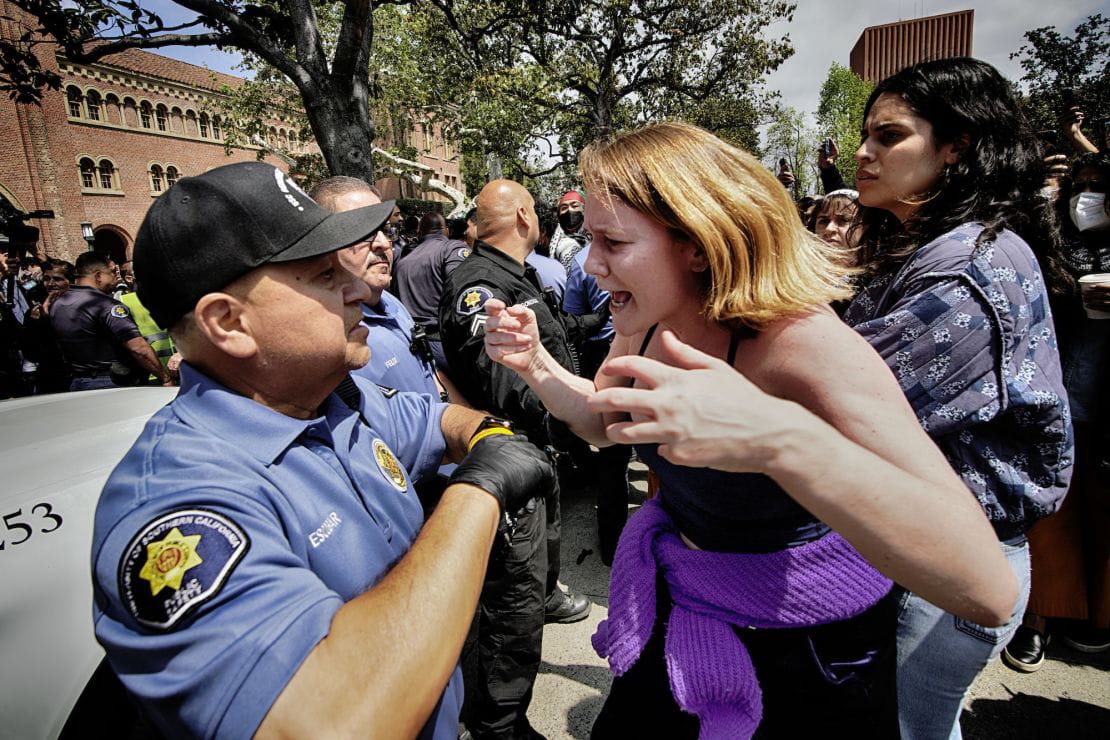

Advertisement
Please Click On 1-2 Ads To Support To Our Website - Thanks!
Sentences for possession of firearms in Mexico can be up to 30 years. In general, firearms, even those legally registered in the U.S., cannot be brought into a country unless a permit is obtained in advance from the embassy or a consulate of that country and the firearm is registered with foreign authorities on arrival. There are also strict rules regarding the importation of arms into the US.
Photography:
In many countries, you can be detained for photographing security-related institutions, such things as police and military installations, government buildings, border areas and transportation facilities. If you are in doubt, ask permission before taking photographs
Purchasing Antiques:
Westerners have been arrested for purchasing souvenirs that were, or looked like, antiques and which local customs authorities believed were national treasures. This is especially true in Turkey, Egypt and Mexico
Familiarize Yourself With Any Local Antique Regulations;
In countries with strict control of antiques, document your purchases as reproductions if that is the case, or if they are authentic, secure the necessary export permit (often from the national museum). It is a good idea to inquire about exporting these items before you purchase them
Advertisement
Please Click On 1-2 Ads To Support To Our Website - Thanks!
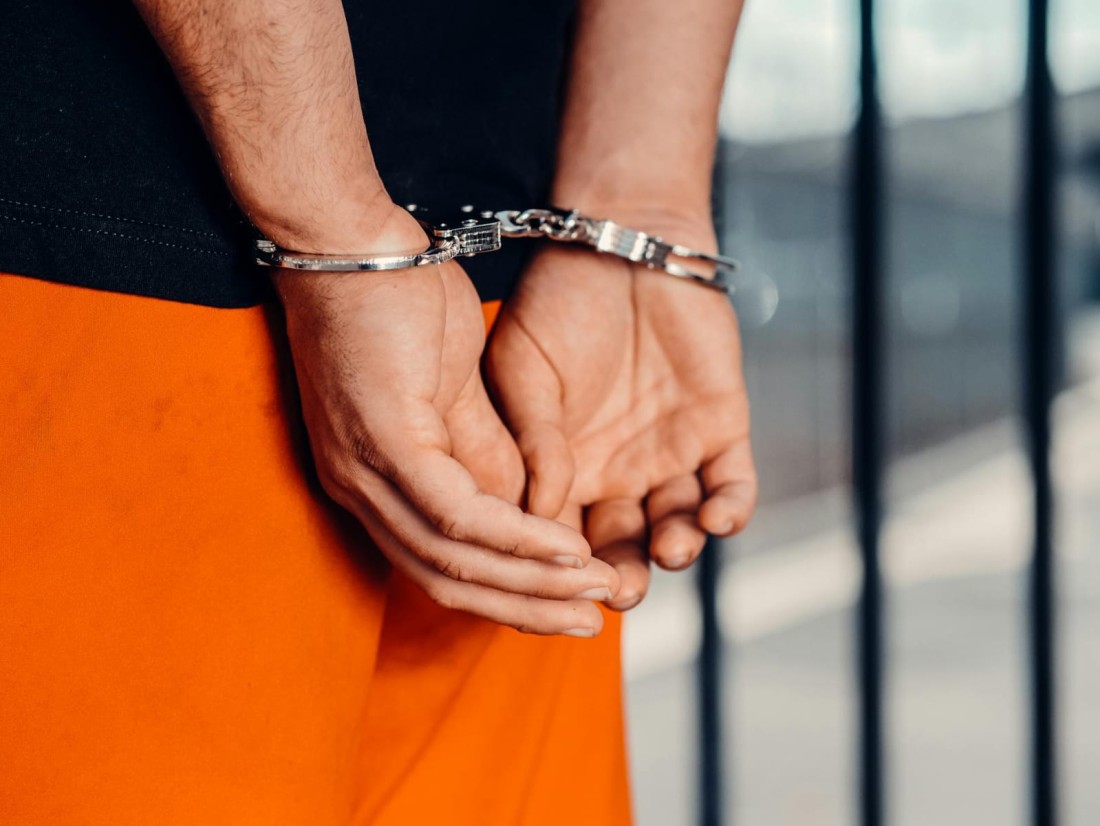

More on If You Are Arrested Abroad!
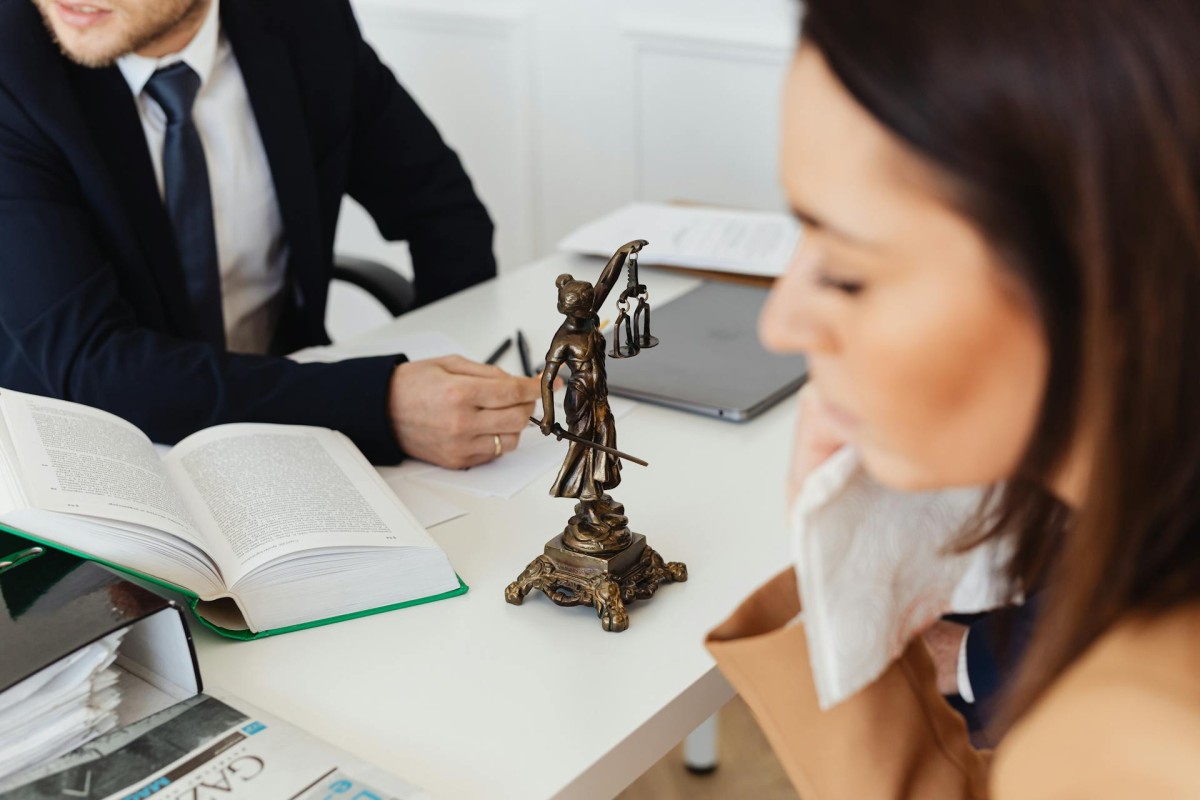

Advertisement
Please Click On 1-2 Ads To Support To Our Website - Thanks!
Remember That a Consular Officer WILL:
-- Visit you in prison!
-- Assist you in obtaining information about the arrangements at the prison
-- Provide you with a list of local lawyers
-- Arrange for your next-of-kin to be informed of your arrest, if you wish
-- Assist you in arranging funds from your family and/or to set up banking or other arrangements so that monies deposited by your family or others will reach you
-- Assist you in maintaining contact with your family
-- Take up any justified and serious complaints about ill-treatment or discrimination with the local authorities
-- Ensure that any medical or dental problem is brought to the attention of the prison doctor/dentist
-- Monitor your trial in court and in some circumstances, attend as an observer
-- Give you information about the prospects of a transfer to a prison in your own country if you have been sentenced to a term of imprisonment
-- Support an application for a pardon, if local law and practice allow
Also Remember That a Consular Officer WILL NOT:
-- Get you out of jail!
-- Give the arresting authorities any written guarantees to secure your release from detention
-- Give you legal advice!
-- Make recommendations as to which lawyer you should choose
-- Pay for a lawyer's services, instigate court proceedings on your behalf or interfere in local judicial procedures to get you out of prison or get an early trial
-- Get better treatment for you than that provided to the host country’s own citizens or to other nationals
-- Get bail or pay any bail for you
-- Pay any fines you may have
-- Conduct investigations related to an offence
-- Support you financially in prison except in some extreme circumstances!
Advertisement
Please Click On 1-2 Ads To Support To Our Website - Thanks!
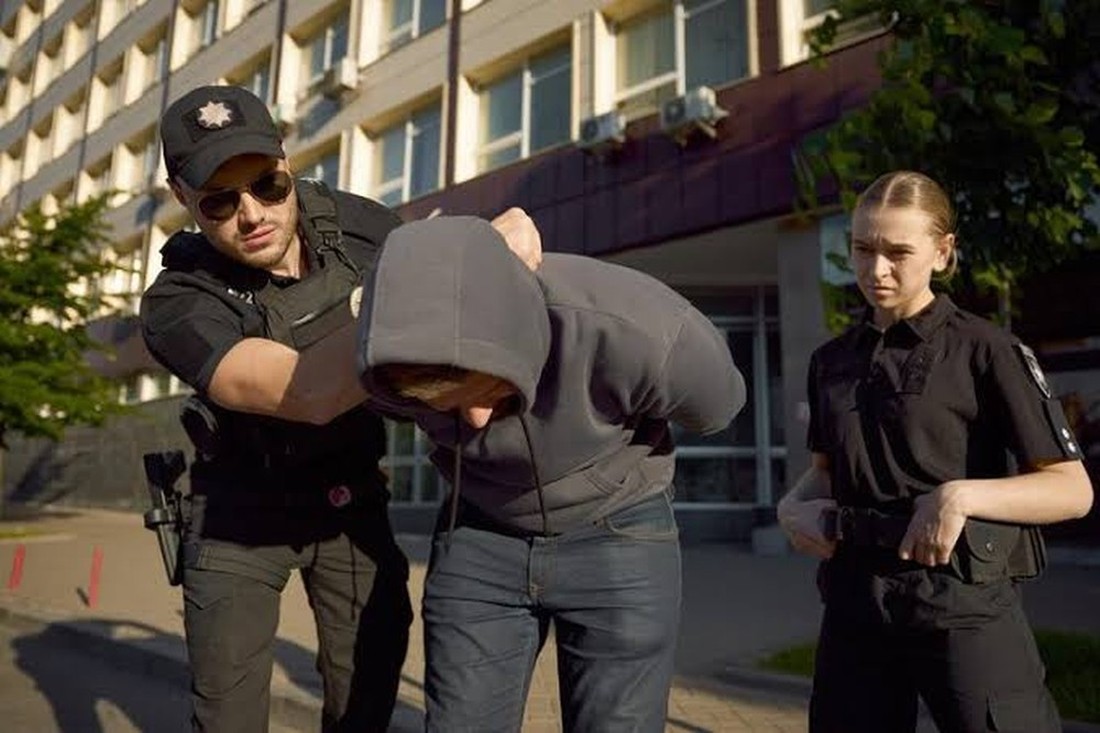

If You Are Arrested Abroad - A Summary!
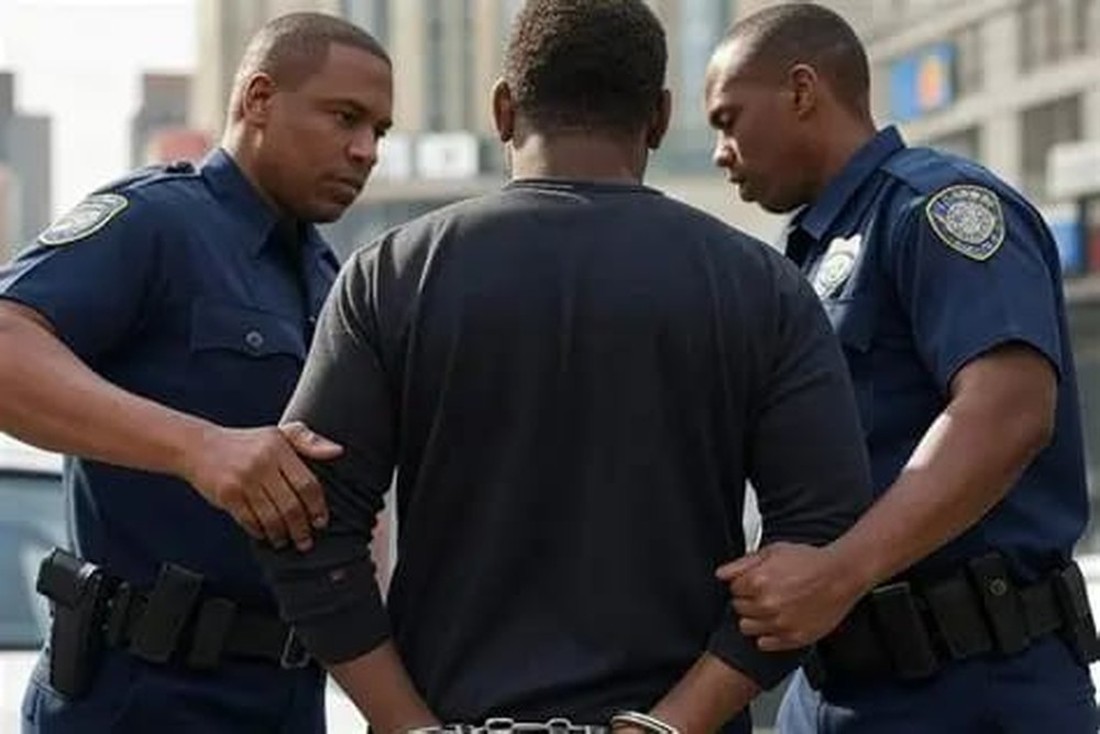

Advertisement
Please Click On 1-2 Ads To Support To Our Website - Thanks!
If arrested abroad, immediately request to contact your country's consular officials, who can help you understand the local legal system, find a lawyer, notify your family, and provide other support. Keep detailed notes, prepare written statements for your meetings with your lawyer, and be aware that local laws and procedures will apply. Your ability to make international calls or have direct contact with the authorities depends on the specific country and local rules
Immediate Actions!
Request Consular Contact:
Inform the police or authorities that you wish to contact your country's consular officials
Ask for General Information:
Once contacted, the consular officials can provide general information about the local legal system, including details on prosecution, bail, and available legal aid
Get a List of Lawyers:
The consular officials can provide you with a list of local, English-speaking lawyers. However, they cannot recommend a specific lawyer
Request Family Notification:
You can ask your consular officials to notify your next of kin about your arrest
What to Expect & How to Prepare
Understand Your Rights:
Consular officials can give you information about your rights and the general procedures in the country where you're detained
Prepare for Lawyer Meetings:
-- Write down your questions in advance
-- Prepare a written statement detailing the background of your situation
-- Take notes during meetings, as you may not remember all the information
Keep a Record:
Try to remember details of your arrest, including the time, location, and who arrested you
Local Laws:
You will be subject to the laws of the country you are in
Consular Authority: While your embassy can help, they cannot interfere with the legal process or get you out of jail. Their role is to provide support and ensure your rights are respected
Local Legal Systems Vary:
Be aware that the legal system and procedures, including the frequency of visits from lawyers or officials, vary by country
Financial Assistance:
Consular officials can assist in making arrangements for your family to send you funds
Medical and Dental Issues:
You can ask consular officials to bring any medical or dental problems to the attention of the prison doctor or dentist
Important Considerations!
No International Calls:
You generally cannot make international phone calls from a police station, and you may not have a legal right to make any phone calls at all!
Nationality:
If you have dual nationality, it can affect the likelihood of your country's mission being informed of your arrest
Advertisement
Please Click On 1-2 Ads To Support To Our Website - Thanks!
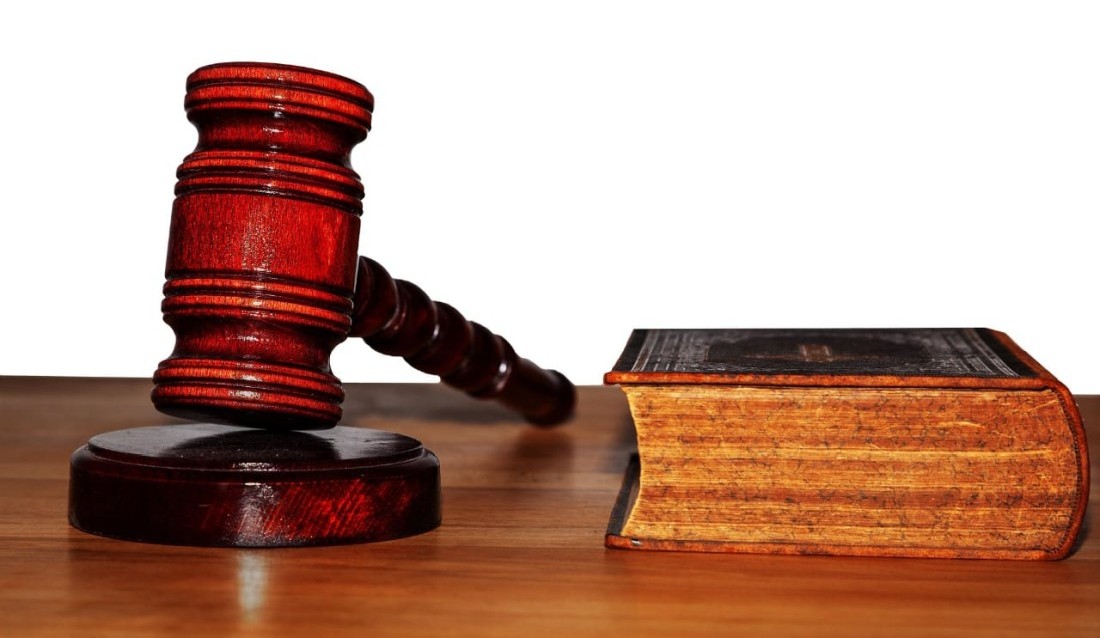

Here Are Some Videos on If You are Arrested Abroad!
Advertisement
Please Click On 1-2 Ads To Support To Our Website - Thanks!
Advertisement
Please Click On 1-2 Ads To Support To Our Website - Thanks!
